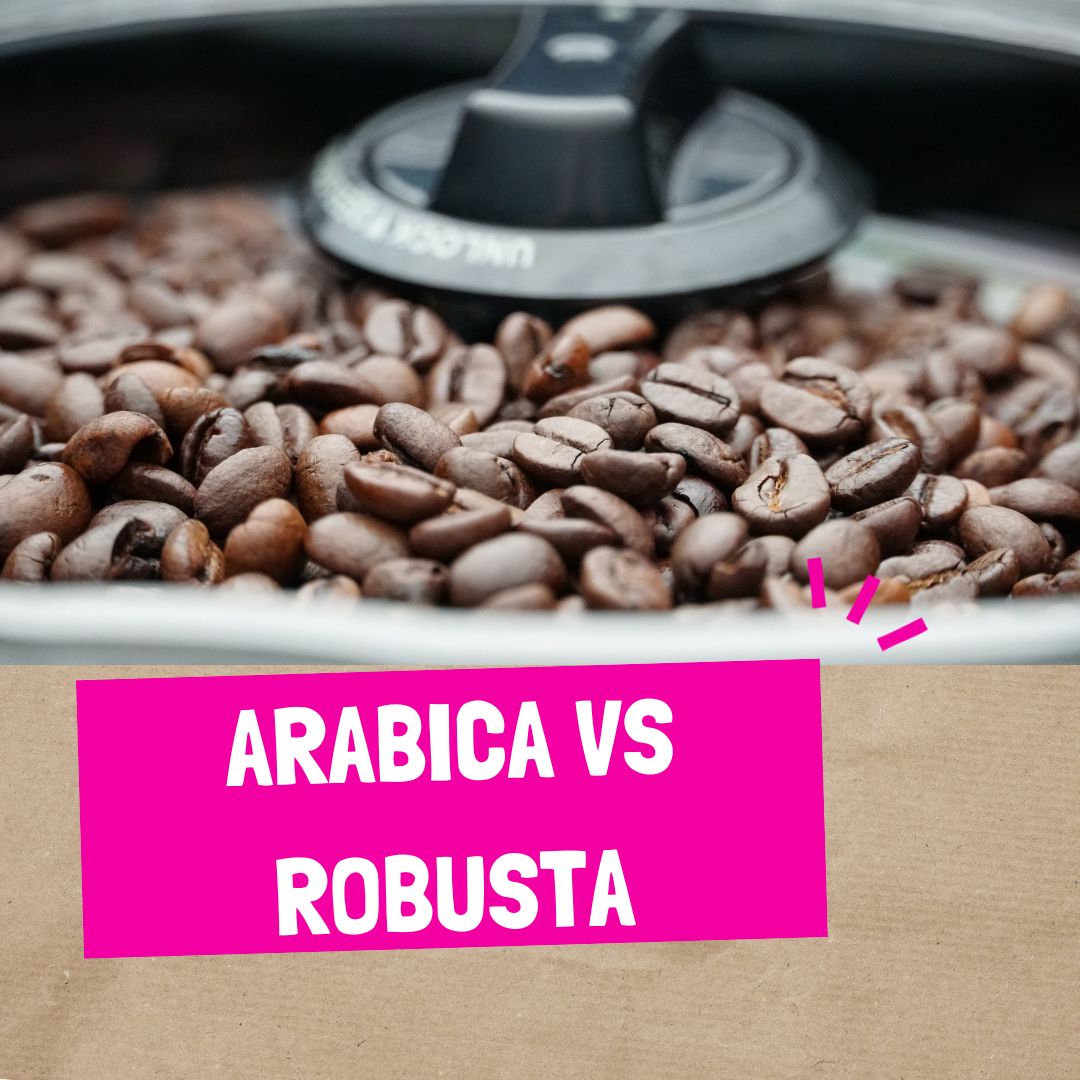Yunnan, a picturesque province in southwest China, shares borders with key coffee regions in Northern Southeast Asia, including Myanmar, Laos, and Vietnam. Known for its scenic mountainous landscapes, vibrant cultural heritage, and bold culinary traditions, Yunnan is a must-visit destination. Its cuisine, famed for rich and spicy flavours, gained global attention through the Netflix series Flavourful Origins, if you have seen it?
Beyond its scenic and gastronomic appeal, Yunnan has emerged as China's coffee epicentre, producing over 95% of the nations coffee. The regions high-altitude terroir, fertile soil, and cool climate create ideal growing conditions for Arabica beans, making Yunnan coffee renowned for its floral notes and bright acidity.
This particular coffee hails from Shigaoqing and Guiben, areas traditionally celebrated for their tea. Located near the Myanmar border, these remote regions are home to diverse ethnic groups, including the Hani, Miao, and Dai communities, who contribute to sustainable coffee cultivation.
Yunnans coffee production is growing rapidly, with global demand fuelling an industry expected to exceed 130,000 metric tons annually. As the province solidifies its place in the global coffee map, it's clear Yunnan is not just a destination for travellers but a rising star for coffee enthusiasts worldwide.
Coffee was first introduced to China in the late 19th century by French missionaries, who planted Arabica coffee trees in Yunnan’s tropical climate near the city of Pu’er. The initiative was small-scale, primarily serving local consumption.
 WHY DO WE LOVE YUNNA, CHINESE COFFEE?
WHY DO WE LOVE YUNNA, CHINESE COFFEE?
Yunnan coffee has gained a devoted following among coffee enthusiasts worldwide, thanks to its distinctive qualities and the unique story behind its production. Here are the key reasons why Yunnan coffee is so beloved:
1. Unique Flavour Profile
Yunnan coffee, predominantly Arabica, is celebrated for its bright acidity, floral and fruity notes, and smooth finish. The high-altitude growing conditions, combined with the province's mineral-rich soil and cool climate, create beans with a clean and complex taste that appeals to specialty coffee lovers. Some Yunnan coffees also exhibit tea-like characteristics, reflecting the region’s long history with tea cultivation. Did you try the coffee in the December's RISE coffee box? Let us know if you liked it in the comments below.
2. Sustainable and Ethical Production
Yunnan coffee is often grown by smallholder farmers, many of whom belong to ethnic minority communities such as the Hani, Miao, and Dai. These communities have integrated coffee farming into their traditional agricultural practices, making the production process more sustainable. Many farmers focus on improving bean quality while adopting environmentally friendly farming techniques, which resonates with conscious consumers.
3. The Allure of a Rising Star
Yunnan is at the forefront of China's growing coffee industry, producing over 95% of the nation’s coffee. As China's coffee culture expands, Yunnan has emerged as a symbol of this transformation. Its rising reputation in global markets adds an element of novelty and prestige for consumers eager to explore unique origins.
4. Connection to Local Culture
Yunnan’s coffee reflects the rich heritage of the region. The people, history, and scenic beauty of Yunnan add a deeper narrative to the coffee experience. Many coffee enthusiasts appreciate the cultural connection that comes with enjoying beans grown by small-scale farmers in such a vibrant and historically rich area.
5. A Link Between Tea and Coffee
Yunnan, traditionally famous for its Pu’er tea, offers coffee drinkers a bridge between two beloved beverages. This connection to tea culture gives Yunnan coffee a special appeal, especially for those who enjoy the lighter, more nuanced flavours found in both drinks.
Conclusion
Yunnan coffee stands out for its exceptional flavour, sustainable practices, and cultural richness. Its ascent in the global coffee scene reflects both the quality of the beans and the compelling story of the farmers and communities behind them. For coffee lovers, Yunnan offers a unique and flavorful journey worth exploring.
HOW TO BEST BREW COFFEE FROM YUNNAN CHINA?
Here is a top tip from our friends at Climpsons and Sons:
Start with filtered water. It makes a big difference compared to tap water. If you can, do a side-by-side test—you’ll notice the improvement in taste.
Fresh coffee isn’t always best. After roasting, let the beans rest for a couple of days. This allows carbon dioxide to escape, which enhances flavour clarity. Too-fresh beans can taste flat or harsh, but resting brings balance and better extraction.
Heat your water to 93-96°C. If you have a temperature-controlled kettle, that’s perfect. If not, wait 1-2 minutes after boiling before brewing. Boiling water at 100°C can over-extract coffee, leading to bitter, burnt flavours.
Don’t stress about recipes at first. A simple V60 method works well: use 13g - 15g of coffee on a medium grind setting and 200ml of water. Start a timer and pour 50g of water every 30 seconds in a slow circular motion, aiming for a total brew time of 2:00-2:30.
Finally, enjoy coffee your way. Taste, experiment, and adjust until it’s just right for you.
And our top eco tip. Only boil as much filtered water as you need by weighing 200ml before adding to the kettle. You’ll save a surprising amount of energy, as well as precious filtered water for your next brew.



































Leave a comment